About Us
30 years of community-led success
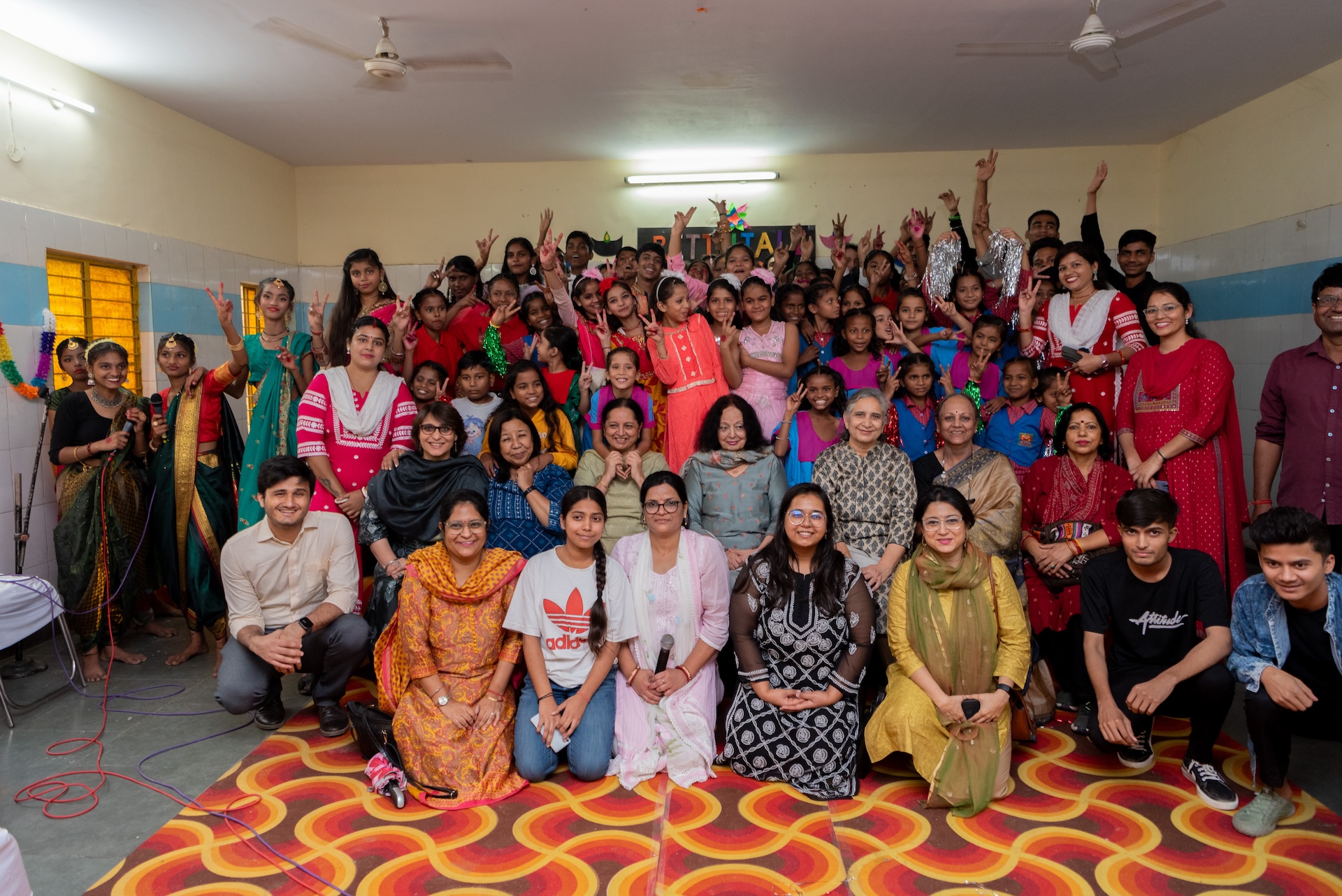
Ritinjali, meaning “helping hands” in Sanskrit, has been a catalyst for change since 1995. With a presence across urban Delhi and rural India, we empower disadvantaged communities through education, skilling, and community-led action. Our programs span residential schools, slum-based learning centres, women’s empowerment, and youth rehabilitation. Each initiative is rooted in a belief that every person deserves the dignity of opportunity. Whether it’s helping a boy become the first graduate in his family, a woman starting her own business, or a child accessing her first textbook—we create second chances that last a lifetime.
Holistic and inclusive initiatives
Over the years, Ritinjali has worked with a wide spectrum of marginalized groups—from slum communities, incarcerated juveniles and women, survivors of disasters, to youth who have been excluded from formal education. Our programmes span foundational learning for children, holistic education for youth, vocational and life skills training, women’s empowerment initiatives, and formal reintegration into the schooling system.
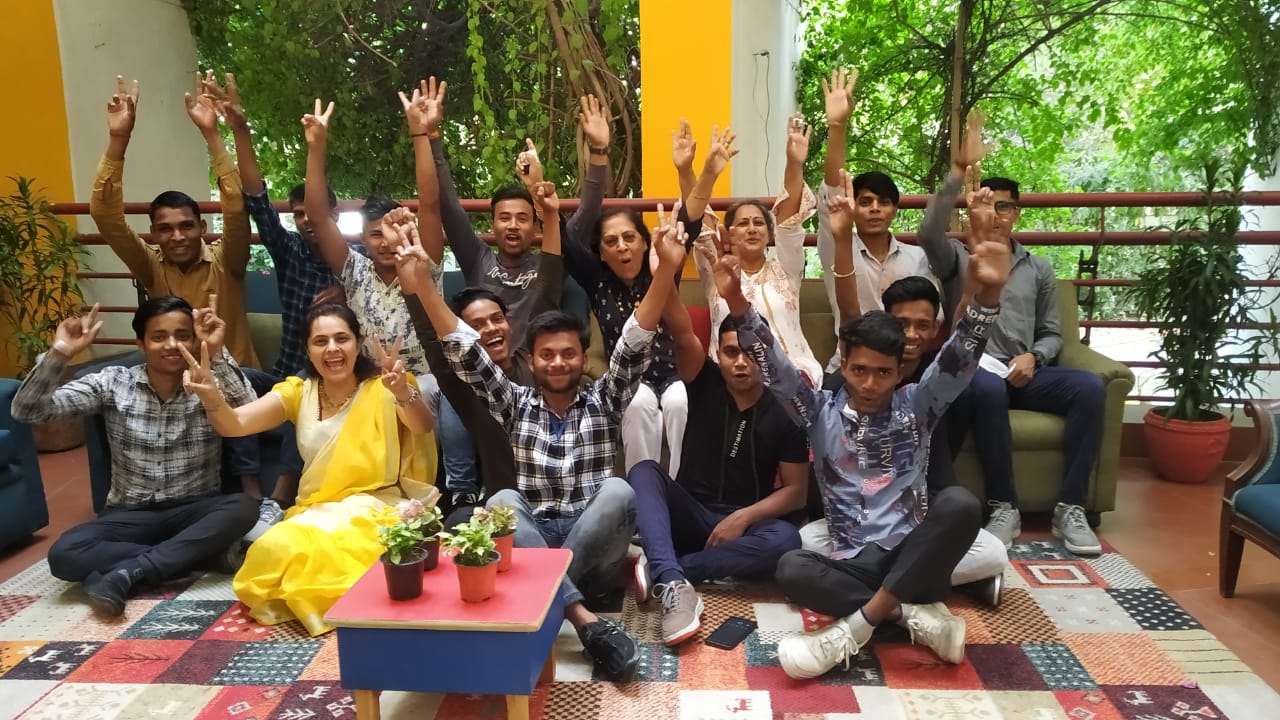
Driving innovative and deep-rooted transformation
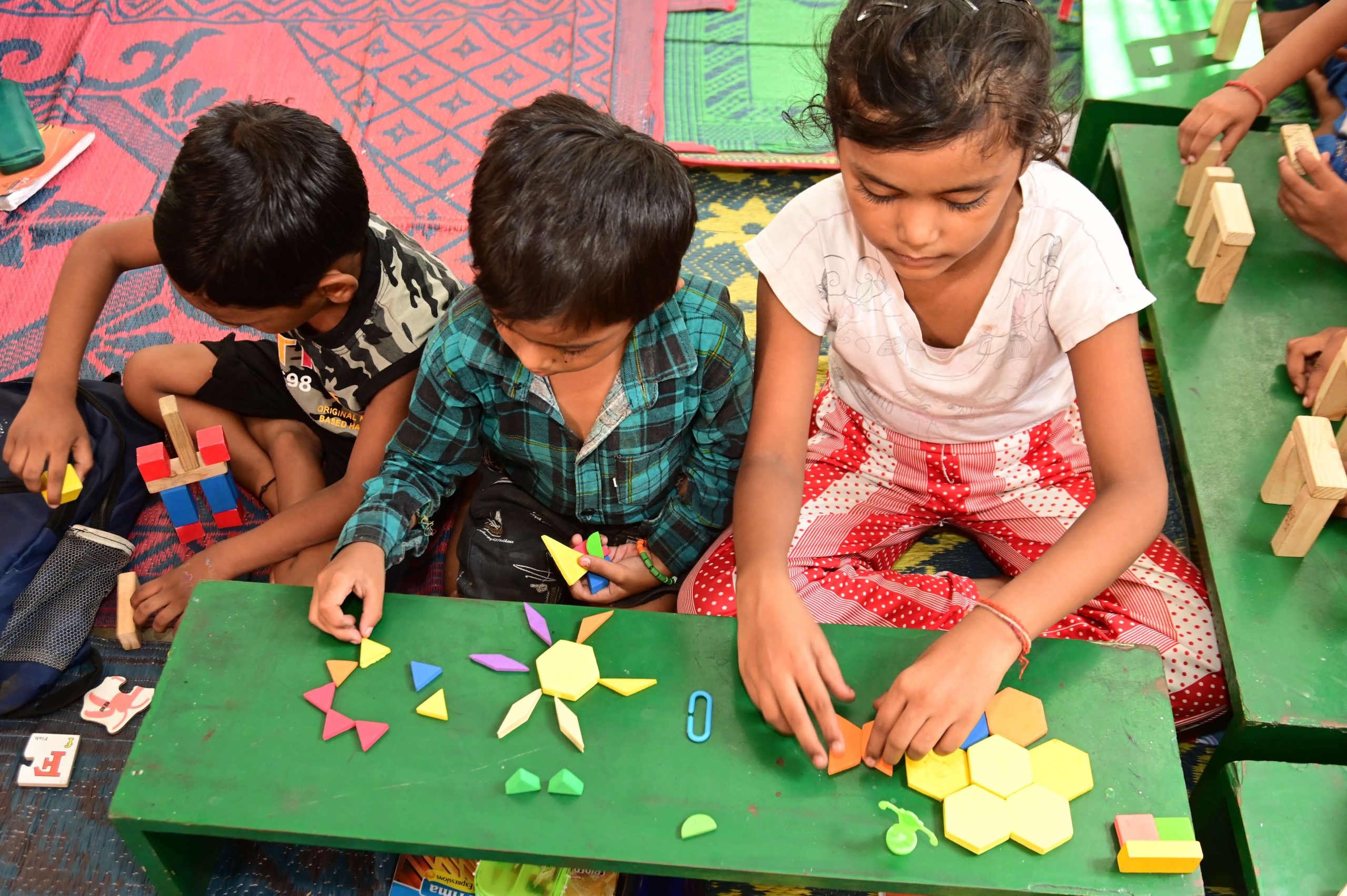
We have revitalized government schools in Delhi and Rajasthan, integrated hundreds of children into formal education, and transformed lives through our Second Chance School in Mahipalpur. Our presence in spaces like Tihar Jail and the INA Night School reflects our commitment to reaching the most excluded with empathy, opportunity, and structured support.
Our work is collaborative and community-driven. We engage parents, teachers, local leaders, and public institutions to strengthen program implementation and impact. With a strong foundation in teacher training, curriculum design, and inclusive pedagogy, Ritinjali continues to drive innovation in grassroots education and development. Our approach is backed by rigorous monitoring, assessments, and a deep understanding of the evolving needs of the communities we serve.
Our Mission
To provide holistic education that nurtures empowered, responsible citizens capable of providing for themselves and contributing to their communities.
Our Vision
To foster a society where individuals actualise their potential and contribute responsibly to collective well-being.
All communities irrespective of class, gender and disability be empowered and sustainable in their absolute responsibility to the common welfare of their members.
Communities be devoid of prolonged poverty, crime, violence, substance abuse, illiteracy, apathy, and oppression.
Our Coverage

Ongoing Programmes
Delhi / NCR
- Second Chance Residential School
- Learning Centre
- Community Centre
- Entrepreneurship Program
Rajasthan
- Second Chance Day School
- Skilling Centre
Relief Work
Gujarat
- Earthquake relief (2001)
Uttarakhand
- Flood relief
Kerala
- Flood relief
Nepal
- Earthquake relief
Odisha
- Flood relief
Jammu & Kashmir
- Flood relief
Our History
-
Started as a weekly health clinic at Rangpuri Pahari, Vasant Kunj, New Delhi
-
Set up study centres at Mohammadpur Ahir, a small village in Haryana

-
Naari Niketan
-
Night School
-
Worked with Bodo tribals in Assam as part of Lokshala
-
Work with war victims of Kargil

-
Started work with Inmates at Tihar Jail
-
Relief work for Gujarat Earthquake

-
Set-up a Residential programme - The Second Chance School in Delhi
-
Kusumpur Pahari Learning Centre
-
Relief work in Karaikal

-
Drishti, Rajasthan
-
Nathupur Pahari Learning Centre
-
Work with NDMC School

-
Bihar floods
-
Dalit Ekta Camp
-
Sector 51, Gurgaon Learning Centre
-
Ladakh & Odisha Floods

-
International Summer School
-
Young Indian Scholars
-
Uttarakhand Relief & Community Development
-
Oberoi Lecture series

-
J&K Flood Relief
-
Programme for South Delhi Govt. Schools
-
Audit for Tibetan Homes School
-
Pioneer Park Learning Centre

-
Nepal - Relief & Rehabilitation
-
Project Revive - Empowering the marginalized through access to medical treatments
-
School Enrichment at Tibetan Homes School, Mussoorie
-
NIOS Vocational Centre

-
Nathupur Pahari Community Empowerment for women
-
Community Empowerment through Quality Health Care
-
Phase 2- Nepal Relief work
-
NIOS Programmes

-
Second Chance School
-
Learning Centre
-
Covid Relief work
-
NIOS Programmes

-
Second Chance School
-
Learning Centre
-
Empower skilling programme
-
Health & Nutrition programme at Kusumpur Pahari
-
PIAIP

Governing Board

Arun Kapur
Chairman
Dipika Nanjappa
Secretary
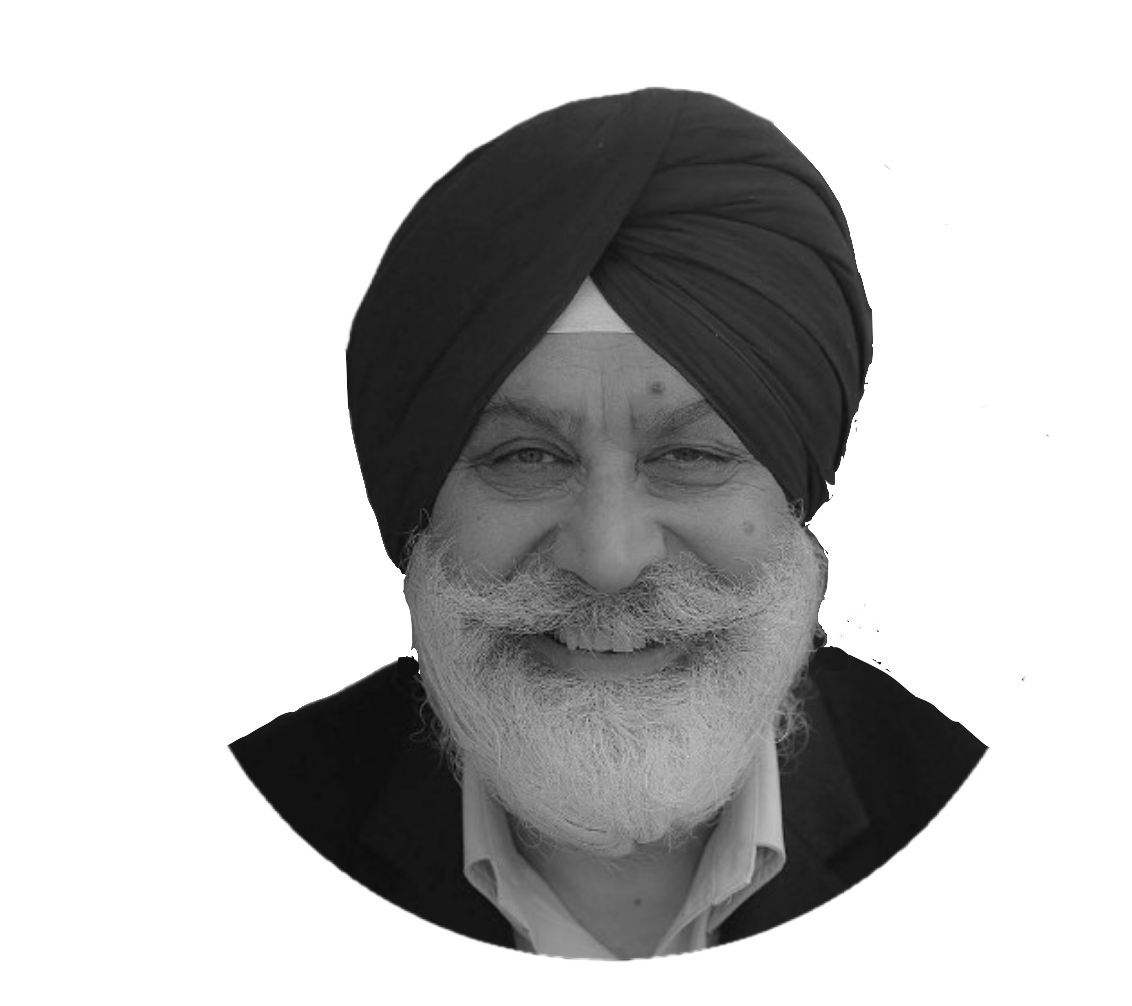
Gurpreet Singh
Member

A.P. John
Trustee
Digender Sidhu
Member
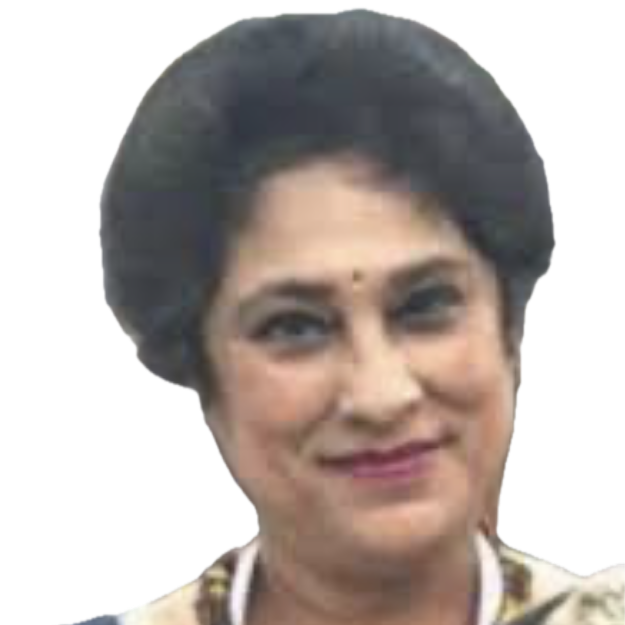
Dr. Savita Nagpal
Member
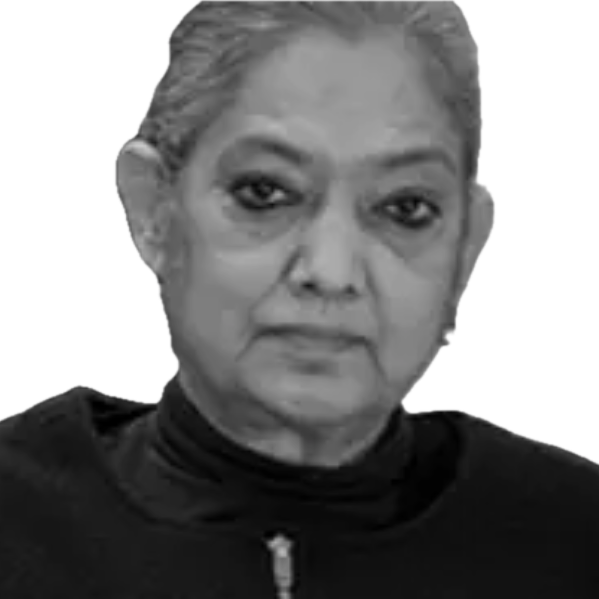
Sanchita Singh
Member
Benu Khanna
Member
Meet Our Team
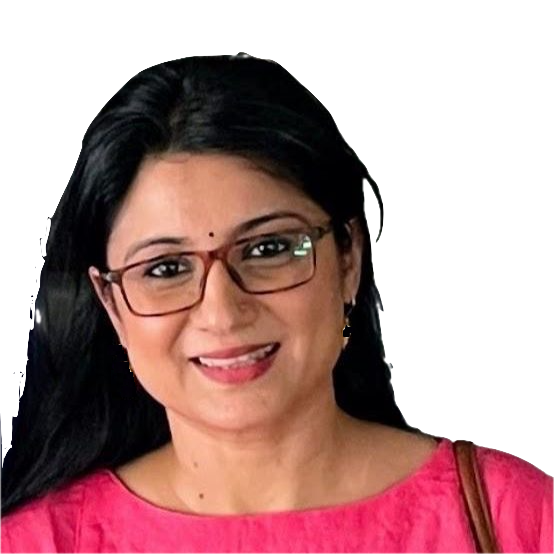
Karishma Handa
Director

Shouman Javed
Senior Programme Associate
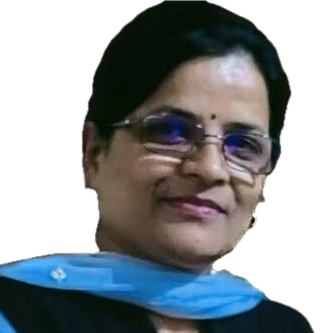
Reena Singh
Senior Teacher
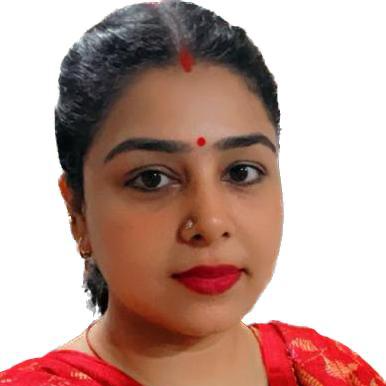
Sushmita
Learning Centre Teacher

Dolly Singh
Learning Centre Teacher

Kishen Kumar
Warden
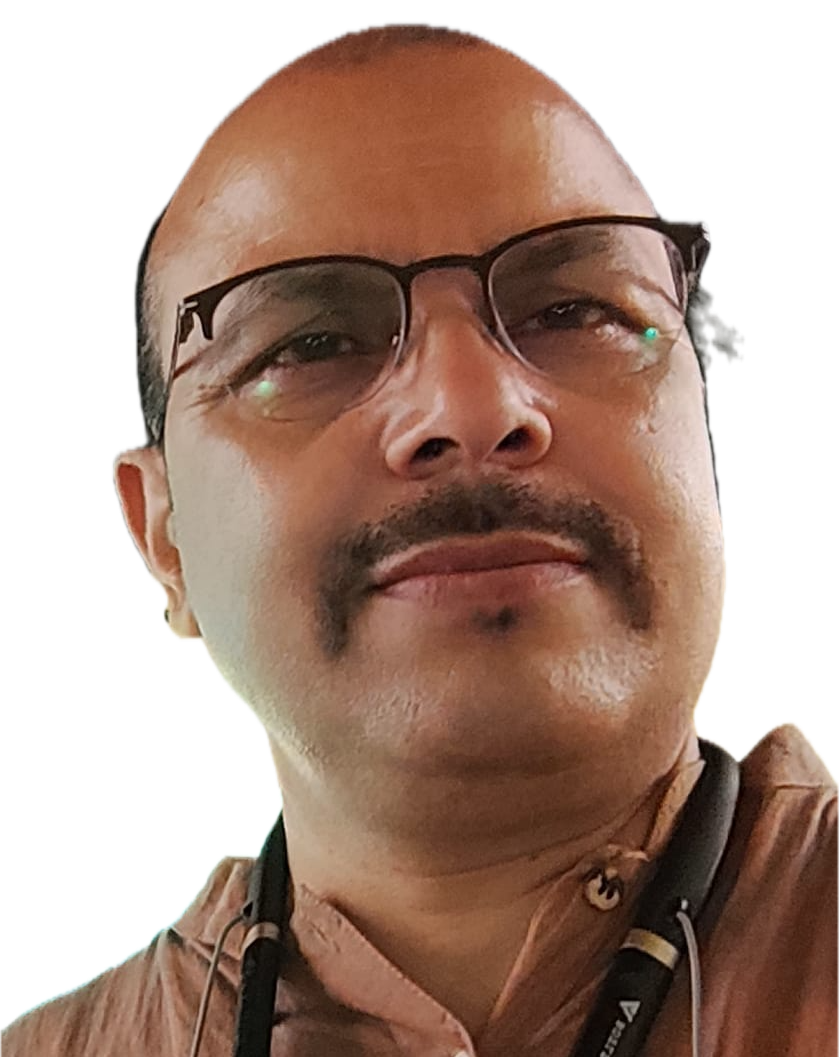
Shio Pandey
Accountant
